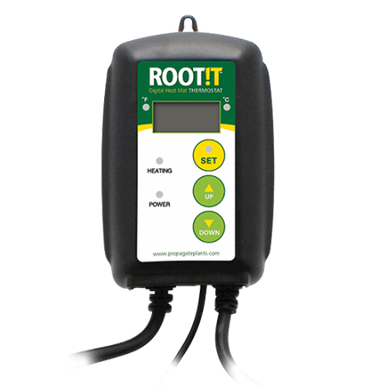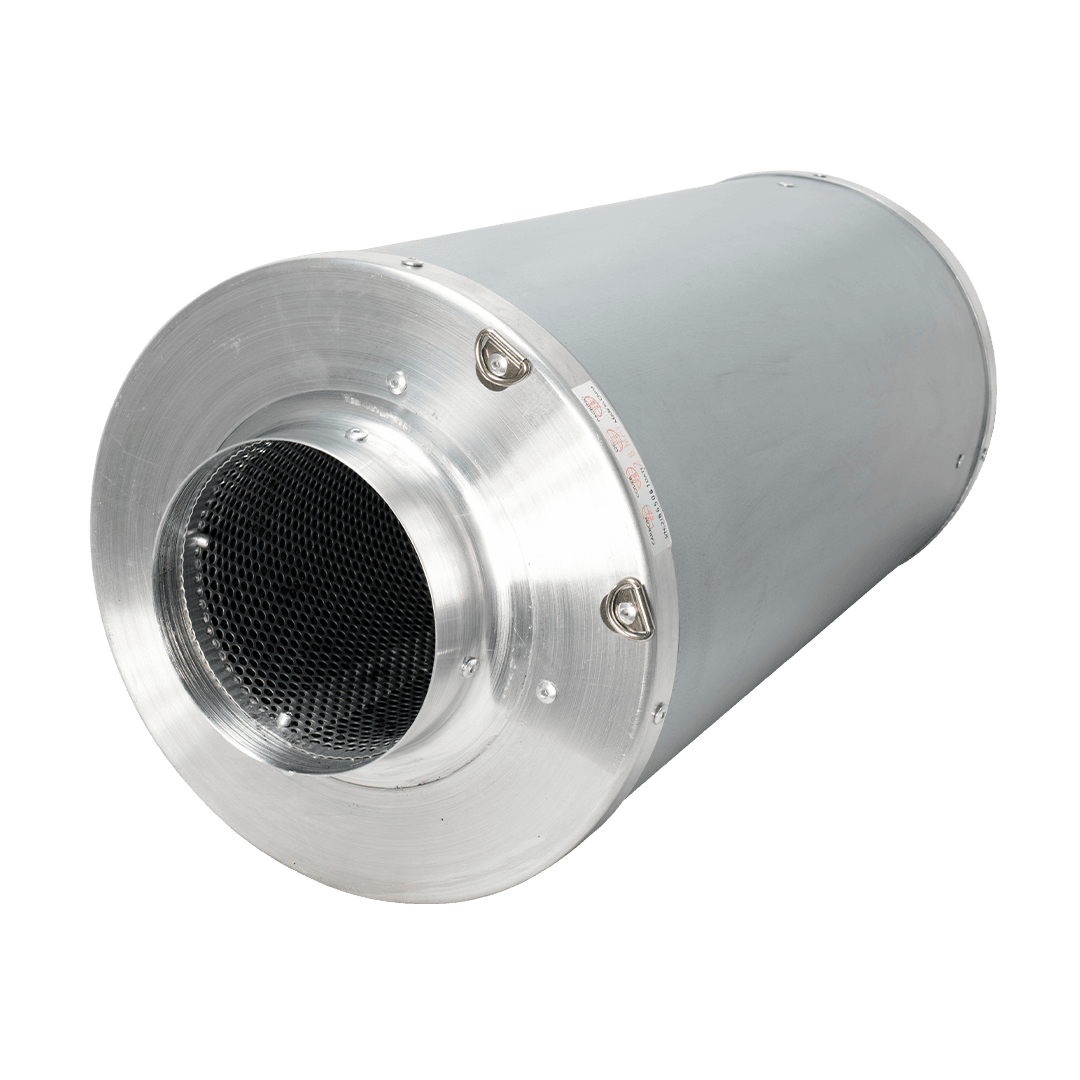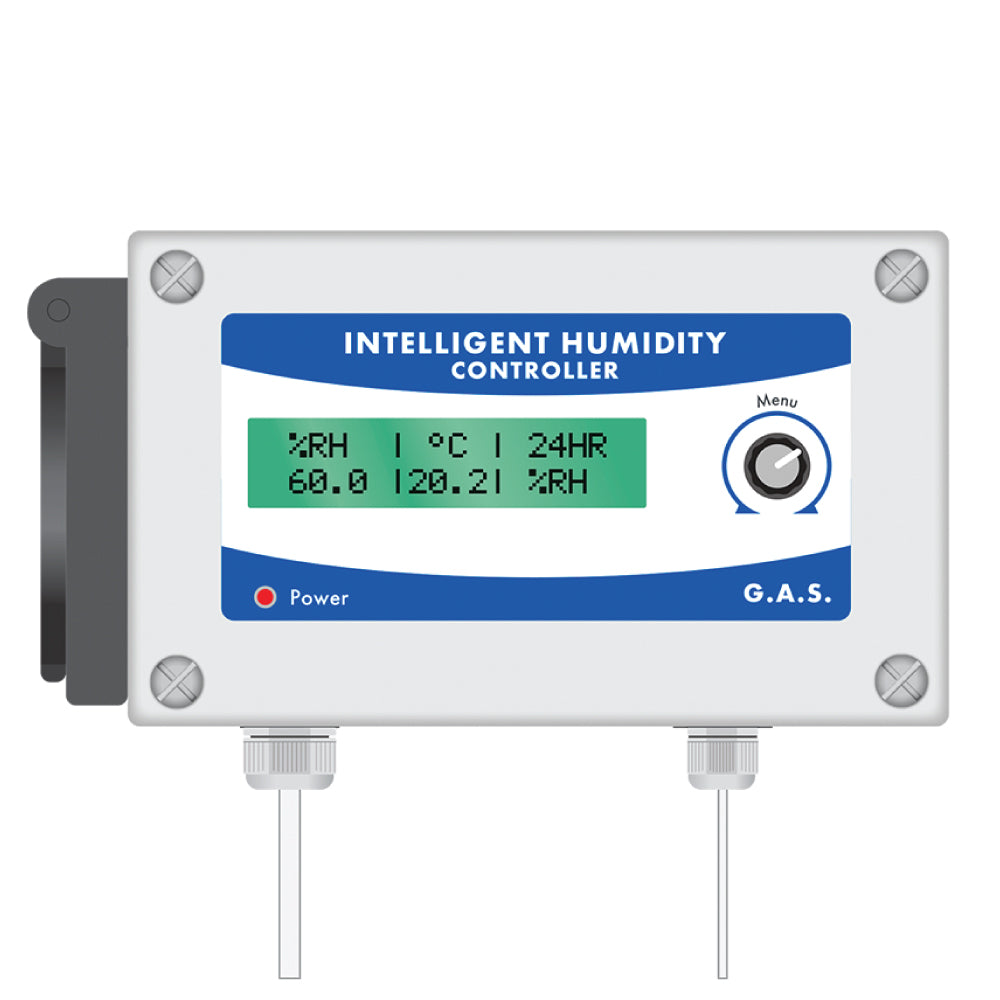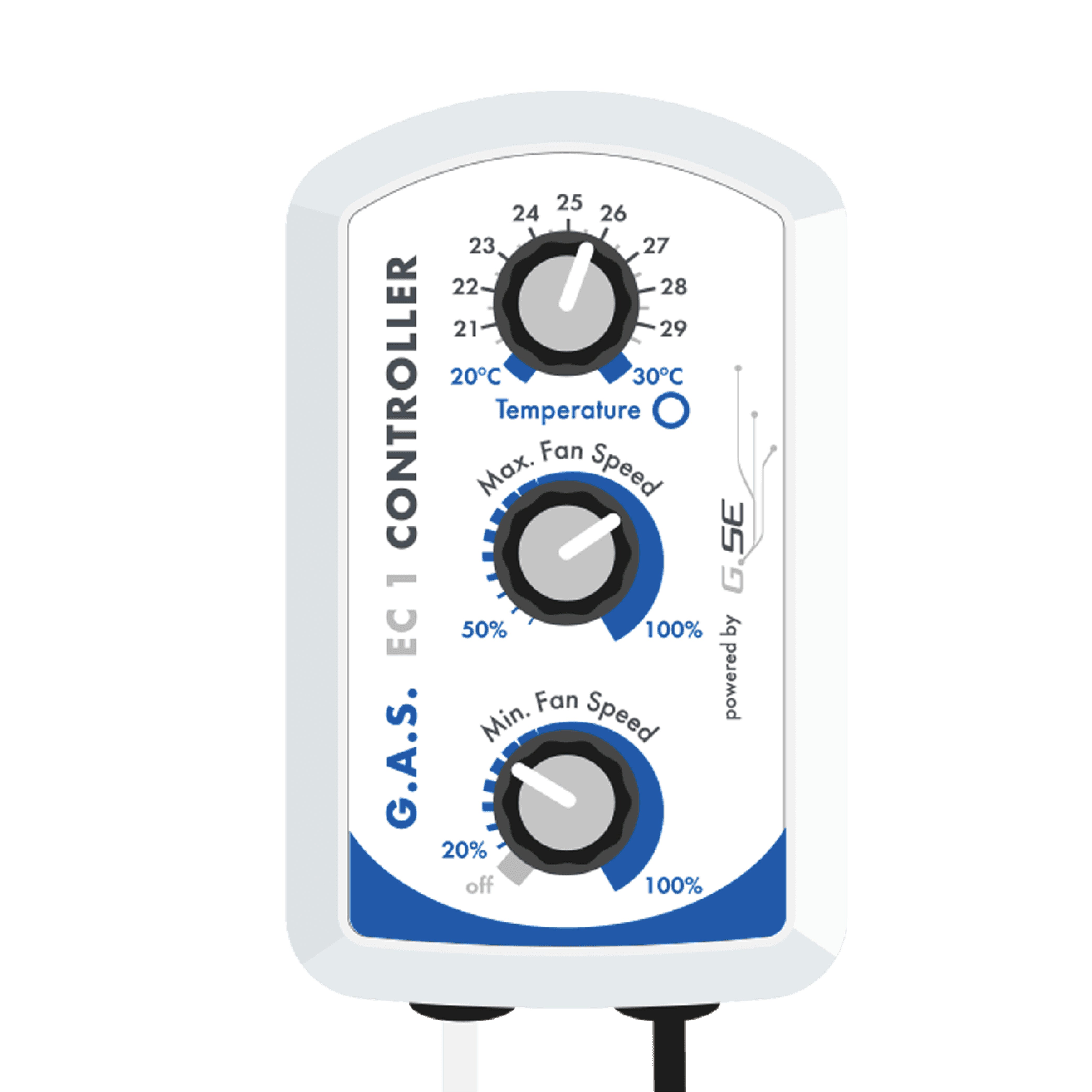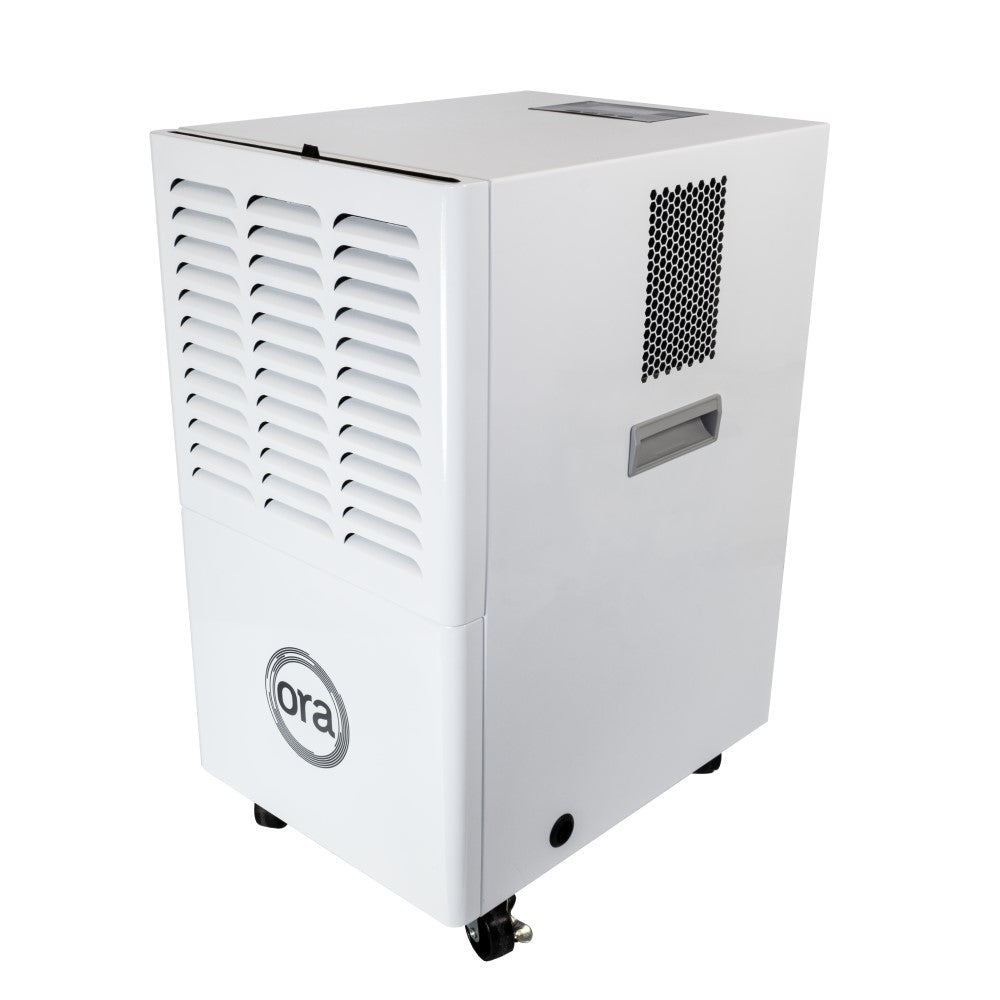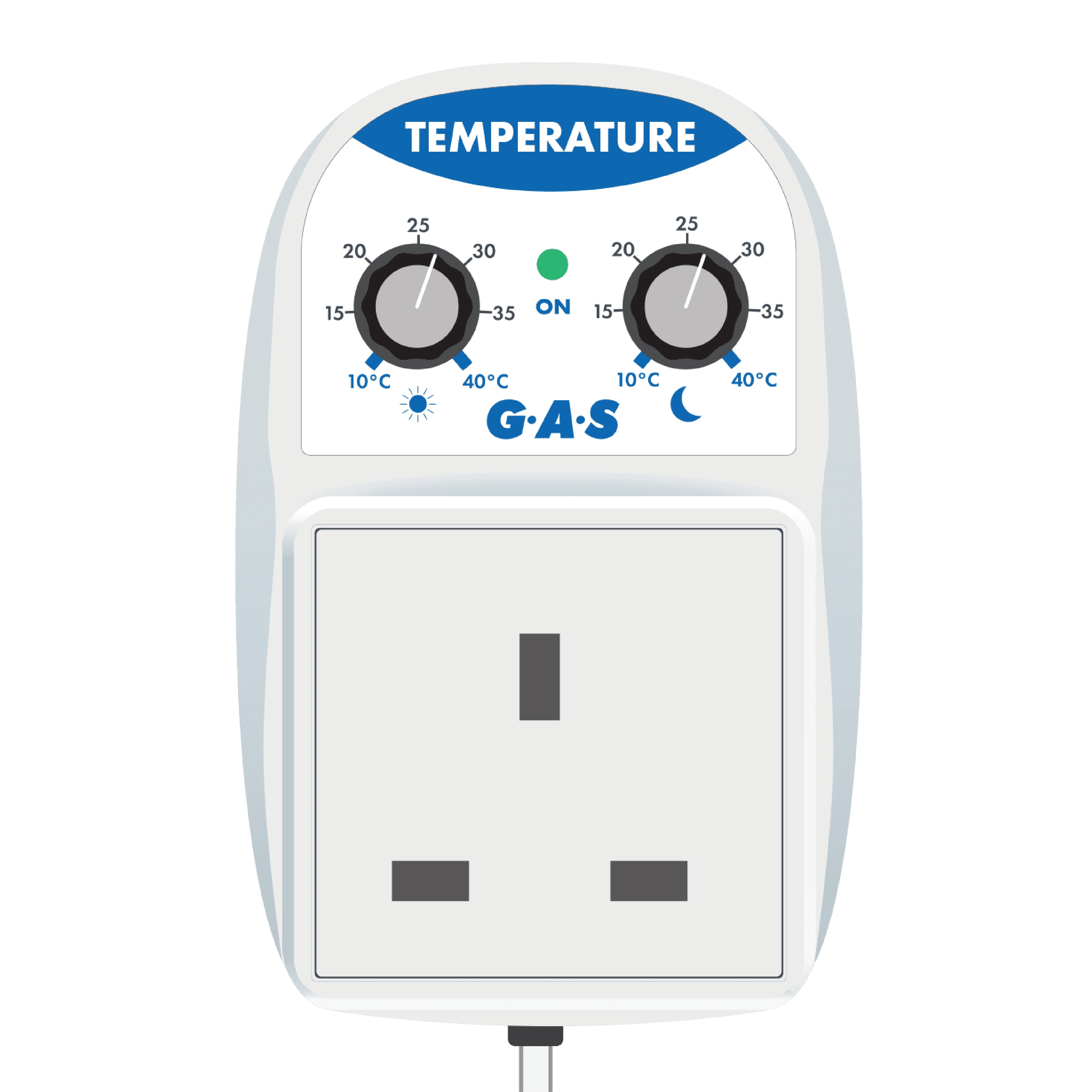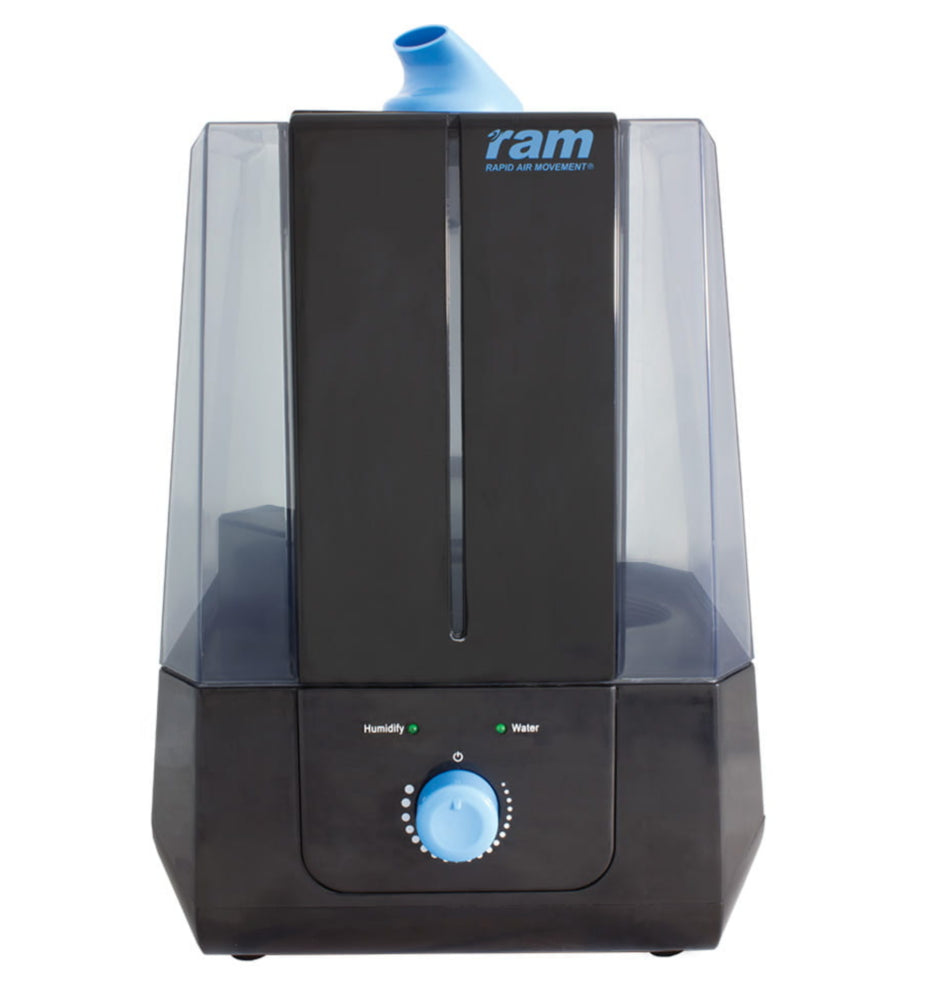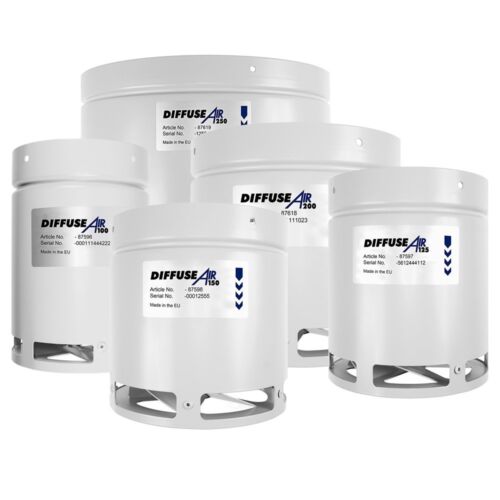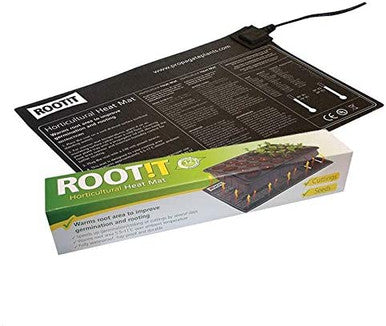Environment!
The environment is important in the context of growing because it directly influences the health, growth, and productivity of plants. Here are some key reasons why the environment is crucial for successful growth:
Temperature: Plants have specific temperature requirements for optimal growth. Temperature affects various physiological processes, including photosynthesis, respiration, and enzyme activity. If the temperature is too high or too low, it can negatively impact plant growth and development.
Light: Light is an essential factor in photosynthesis, the process through which plants convert light energy into chemical energy to fuel their growth. Different plants have different light requirements, including the intensity, duration, and quality of light. Insufficient light can result in weak, spindly plants, while excessive light can cause leaf burn or other damage.
Humidity: Humidity refers to the amount of moisture present in the air. Plants have varying humidity preferences, and inadequate or excessive humidity levels can affect their ability to absorb water through their roots or lose water through transpiration. Improper humidity can lead to wilting, leaf damage, or the development of fungal diseases.
Air Quality: Plants need access to fresh air for proper gas exchange. Carbon dioxide (CO2) is essential for photosynthesis, and oxygen (O2) is required for respiration. Poor air quality, such as high levels of pollutants or low levels of CO2, can hinder plant growth and overall health.

